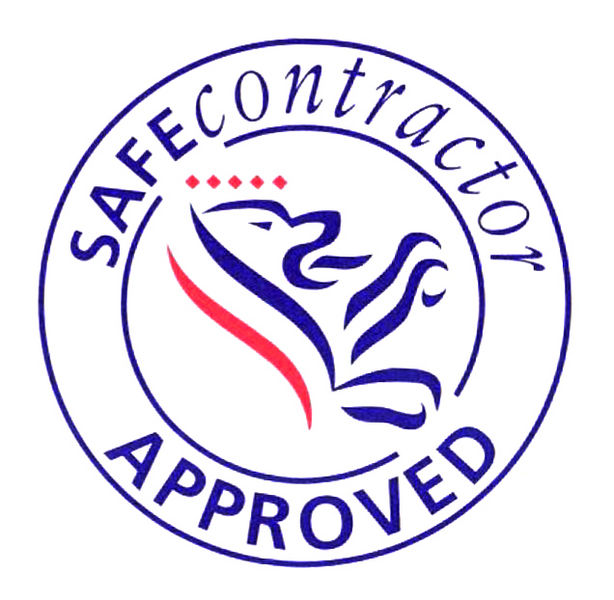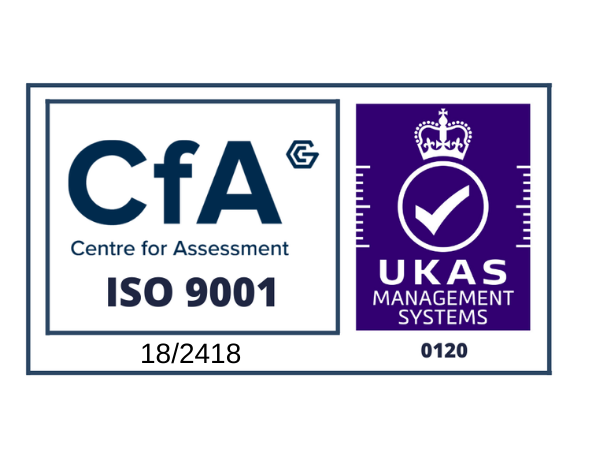Top Garden Tips When Buying a New Home
You can never guarantee what the weather will be like in this country, but you can make sure that your outside space is just right for when we do get some sunshine. If you're looking for your next property, what should you ideally have in mind when you check out the garden? Here we've put together a few top tips so you can have the outside space that you really want when you buy your next home.
What Direction Is It Facing?
The way your garden faces will largely determine the amount of sunlight that it gets, with south-facing properties having the most light and those gardens that look north getting the least, which can make them damp. The property details from the estate agent will generally tell you if a garden is south-facing, but it's still worth checking the precise direction on a viewing; you can use the compass on a smartphone to do so.
Even if it's not south-facing, there can still be benefits to your garden: a west-facing space will have plenty of afternoon and evening sun, while those facing east benefit from the morning sun.
How Do You Access the Garden?
It's important to know how you can access the garden, especially if you have children or mobility difficulties. For example, can you get to the garden from the side of the house or is there a set of stairs that come from the balcony rails?
What Will Any Improvements Cost?
When buying a property, we tend to focus more on the price of internal improvements, but it's also useful to consider how much it will cost to take care of the garden. If this is a crucial area for you, you need to look at the price of things such as laying a new decking area, installing new balcony rails, changing the fencing, adding in new shrubs or replacing boundary walls.
Are There Any Problem Areas?
Often when viewing a property we concentrate on the size and general condition of the outdoor space, without looking closely at any issues that might arise with some of the plants or trees. A mature tree, for example, could be an appealing feature to look at, but you need to keep an eye on the roots, particularly if they're close to the property, as they can lead to subsidence.
There are also plants, including Japanese Knotweed, which can be a problem, as their roots go deep down and can then be an issue for drains, foundations and walls. It's best to have a Home Buyer Report from a RICS registered surveyor beforehand so that you can understand exactly what you're dealing with. For more complicated cases, a Building Survey will provide detailed advice and give you a guide as to how much the repairs will cost.
Garden areas can be your sanctuary if you get them right, and it's best to start as you mean to go on when you're viewing potential pro







